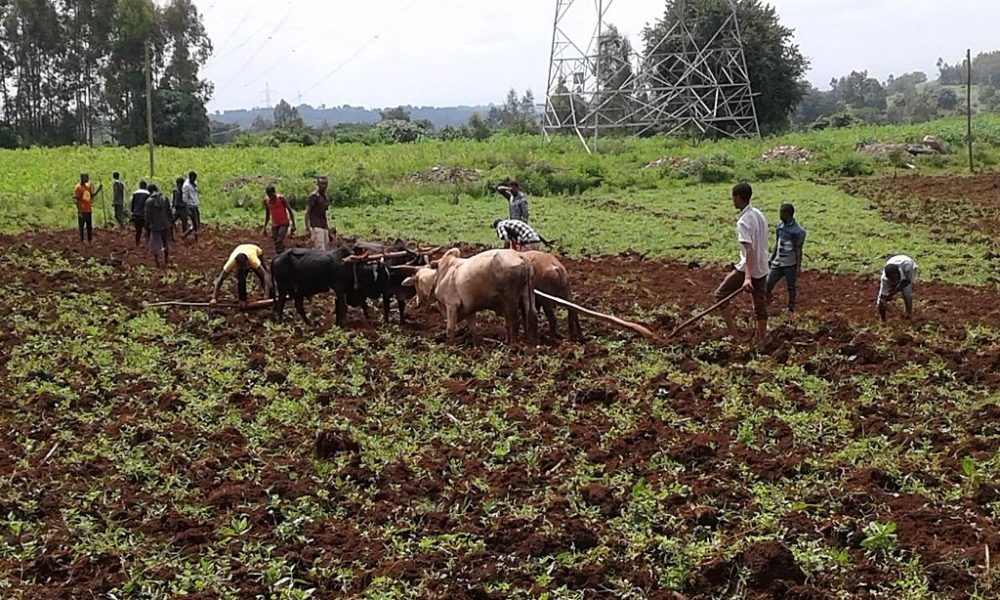Calls for greater integration of farmer’s organizations in agri-related decision-making process of the government.
Federation of All India Farmer Associations (FAIFA), a non-profit organization representing the cause of millions of farmers and farm workers of commercial crops across the states of Andhra Pradesh, Telangana, Karnataka, Gujarat etc. on behalf of the entire farming community lauds and appreciates the series of initiatives introduced by the Government of India such as PM Kisan Samman Nidhi Scheme and Eight-Point farm reforms announced in the third tranche of Aatmanirbhar Bharat Abhiyan, recently introduced ordinances like the Farmers’ Produce Trade and Commerce (Promotion and Facilitation) Ordinance, 2020, The Farmers (Empowerment and Protection) Agreement on Price Assurance and Farm Services Ordinance, 2020 and The Essential Commodities (Amendment) Ordinance, 2020.
FAIFA on behalf of vulnerable farmers across the country requested the government to take appropriate steps to ensure smooth implementation and execution of these progressive policies as well as undertake their periodic review in consultation with farmers.
Mr. Javare Gowda, President, Federation of All India Farmer Associations (FAIFA), said “We are thankful for the series of initiatives and policy interventions introduced by the Government of India in the interest of the farming community. We pray for the smooth execution of these policies so that farmers across the country can benefit from these reforms and boost their incomes. To ensure well-ordered enactment of these reforms, the government should also embark on awareness and education of these policies among farmers. This will prevent spread of misinformation among the community and they will be able to fully benefit from these measures. This step will go a long way in co-operative nation building and manifestation of Hon’ble Prime Minister Narendra Modi’s ‘Vocal for Local vision’.”
Mr. Yashwanth Chidipothu, National Spokesperson, FAIFA added, “We appreciate the progressive nature ofThe Farmers’ Produce Trade and Commerce (Promotion and Facilitation) Ordinance 2020 and The Farmers (Empowerment and Protection) Agreement on Price Assurance and Farm Services Ordinance, 2020 and see them as steps towards doubling the farmer income by transformation and upgradation of existing agriculture production and marketing arrangement. We would also like to request the government to ensure periodic review of these policies so that corrective actions can be taken and farmers across the country can truly benefit from it. We also propose the greater integration of farmer organizations in the policy making processes of the government to protect the interest of farmers in the long run and allow continuous refinement of reforms to hone them to their full potential.”
FAIFA applauds the extremely bold policy changes promulgated by the government which have the potential to lift the Indian farmer’s distress and reap benefits for them over a long period of time. However, it understands that for the benefits of these policies to contribute to the growth of the farmer, the government needs to ensure speedier and smooth implementation. In this regard, FAIFA would like to appeal to the government to take all necessary steps to put into place all the measures required to raise grassroot level awareness and education surrounding the policy changes for the welfare of the farmers. This step will benefit farmers across the country and prevent prevalence of any misguidance and misinformation among them.
The body would also like to suggest that the government put in place a mechanism that allows periodic review of these reforms from time to time. This will allow market related dynamics to be accounted for and protection of farmer’s interest. For this function, FAIFA would also like to appeal to the government to include farmers and farming associations to be included in discussions for agriculture-based reforms so that they can be implemented without any disruption.

